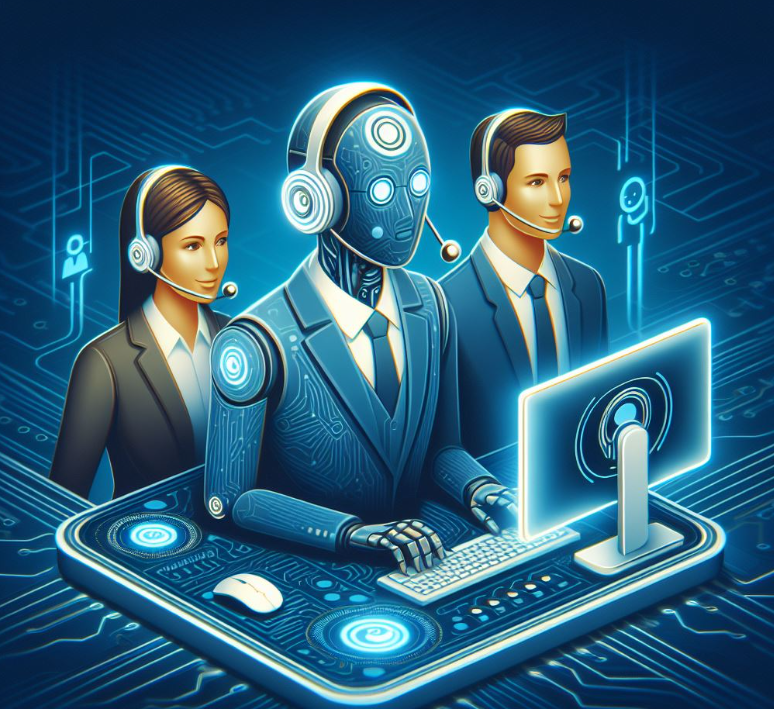The AI-Powered Ombudsman: A Boon or a Curse?
Palabras clave:
artificial intelligence, ombudsman, conflict resolution, ethical standards, AI–human hybrid model, AI-assisted mediationResumen
The rapid advancement of artificial intelligence (AI) is reshaping workplace conflict resolution and raising important questions about the future of the corporate ombudsman role in both public and private domains. This theoretical paper examines whether AI integration represents a boon—enhancing efficiency, accessibility, and fairness—or a curse—undermining empathy, confidentiality, and ethical standards. Drawing on frameworks such as interest-based negotiation, structural conflict theory, the dual concern model, and ombudsman principles, the study evaluates the capabilities and limitations of AI-powered tools in triaging cases, analyzing conflict patterns, and facilitating resolutions. It explores real-world examples, including AI-driven mediation platforms, chatbots, and other AI-based tools, while highlighting risks such as algorithmic bias, lack of emotional intelligence, and data privacy concerns. The paper ultimately proposes a hybrid AI–human ombudsman model, where AI manages routine or high-volume tasks while human ombuds professionals provide oversight, judgment, and emotional nuance. Recommendations include integrating transparency, regulatory clarity, and training in AI ethics. By offering a conceptual framework for responsibly embedding AI in ombuds services, this paper contributes to the emerging field of AI in conflict resolution while underscoring the need to preserve the core human values of neutrality, confidentiality, and accessibility.

Publicado
Cómo citar
Número
Sección
Licencia
Derechos de autor 2025 Gerald R Papica

Esta obra está bajo una licencia internacional Creative Commons Atribución-NoComercial-SinDerivadas 4.0.




